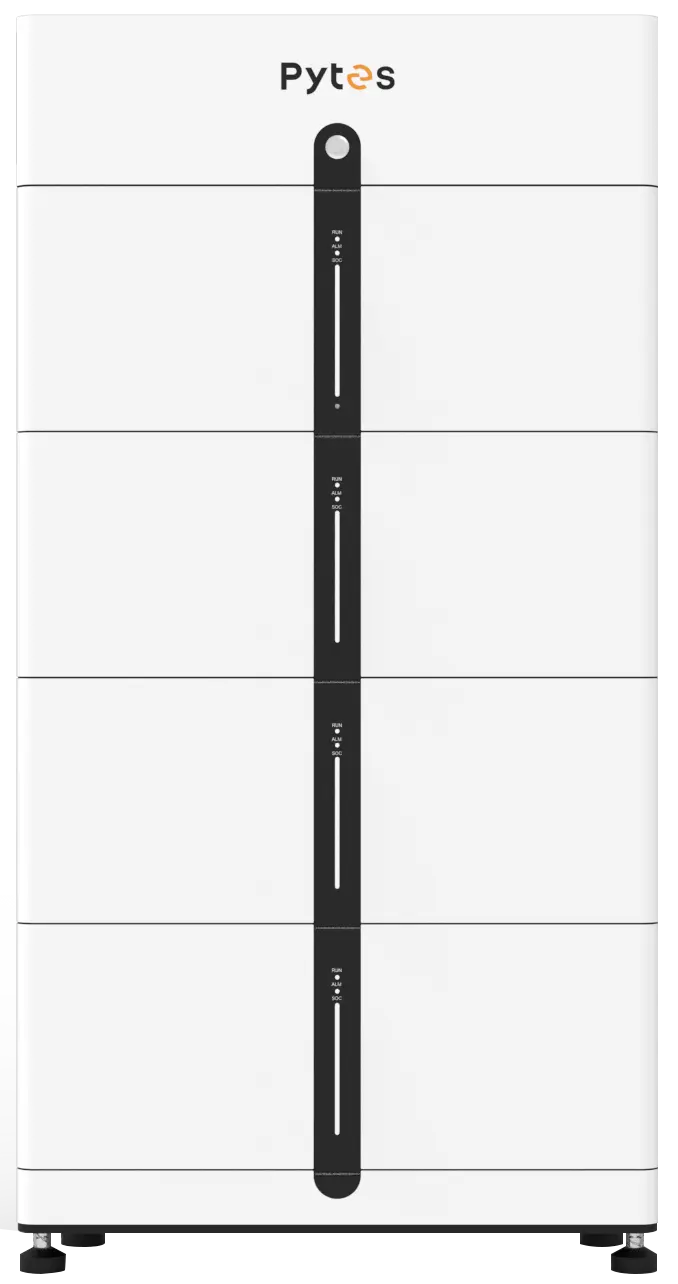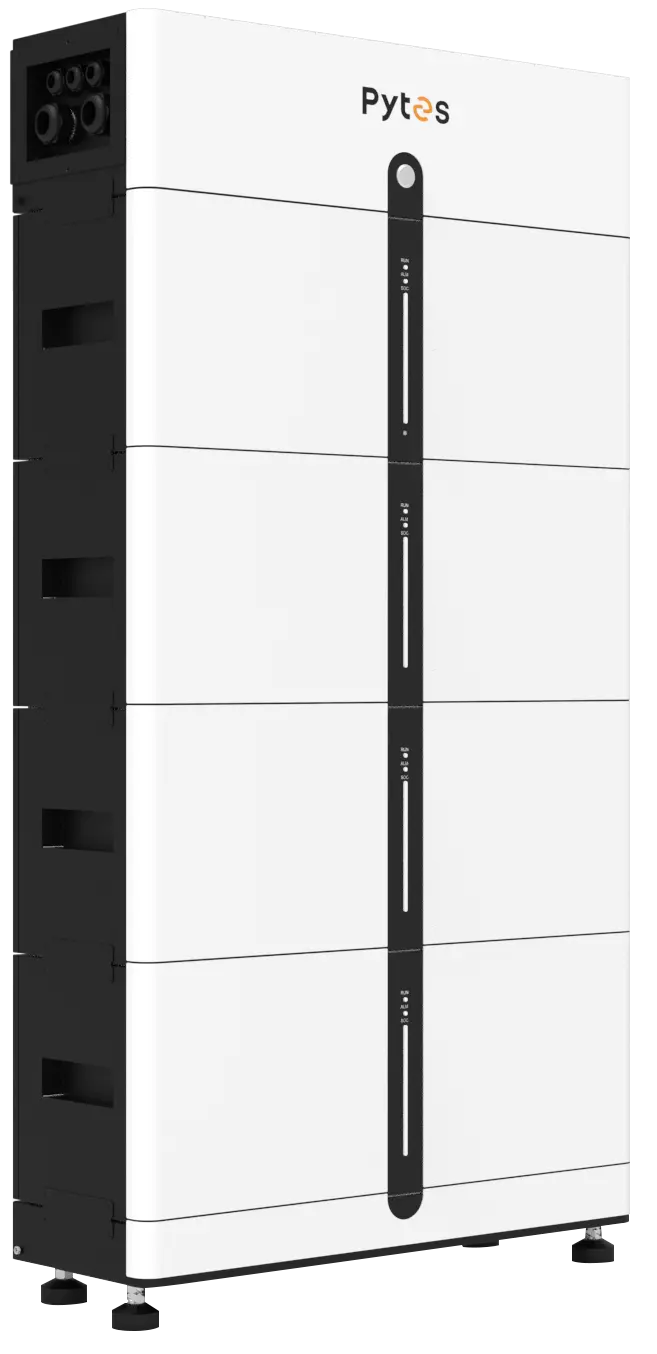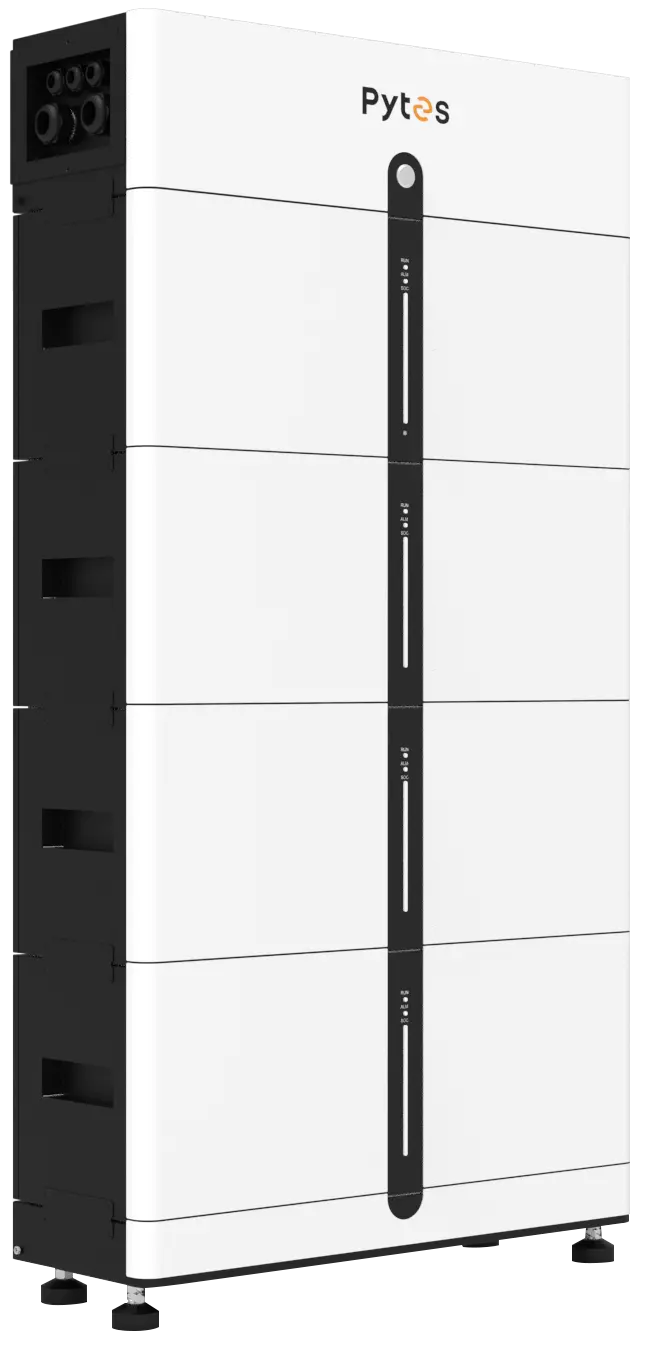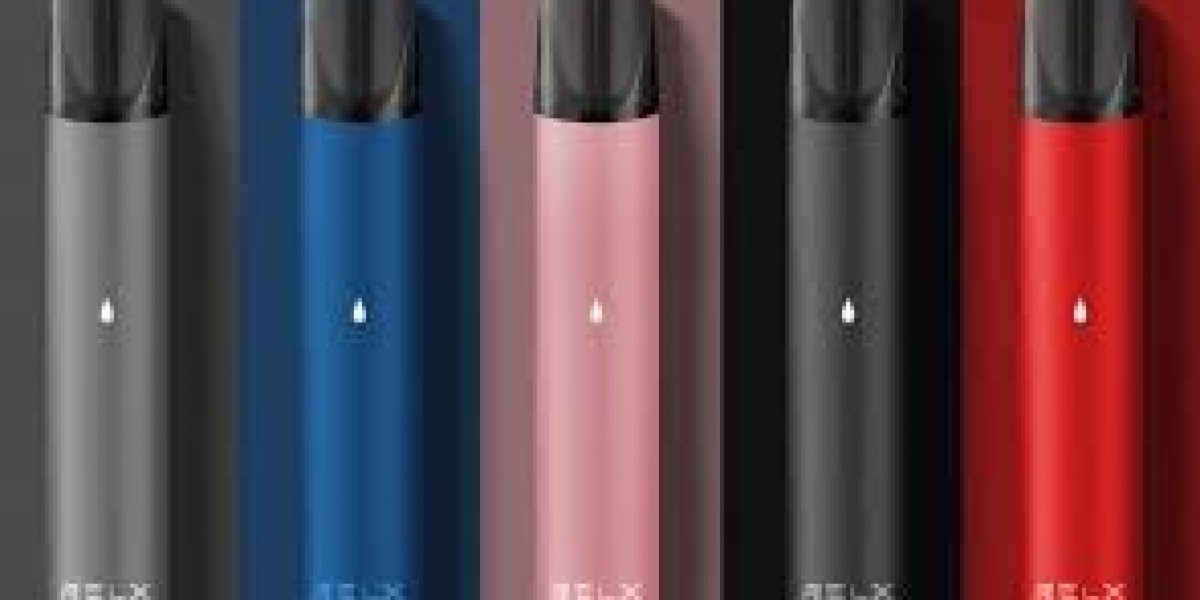As the world continues to shift towards sustainable energy, homeowners are increasingly looking for ways to harness and store renewable energy. Home energy storage solutions have become a viable option, enabling households to store excess energy generated by renewable energy sources for later use. In this article, we will provide a comprehensive guide to home energy storage solutions in 2024 to help you make an informed decision based on your energy needs. Among other things, we will introduce you to an efficient and cost-effective energy storage solution provided by Pytes - thePytes Pi LV1.
What Is Home Energy Storage?
Home energy storage systems are innovative systems consisting of batteries that store excess electricity for later use. These batteries are often integrated with solar power systems, allowing homeowners to store energy generated during the day for ready use. Home solar energy storage systems optimize electricity use and ensure that home solar power systems operate efficiently. They not only guarantee continuity during temporary power outages, but also enhance energy self-use. Surplus energy generated by renewable energy can be stored for later use, minimizing dependence on the grid and increasing self-use efficiency.
How Does the Home Energy Storage System Work?
Home energy storage systems, especially those using lithium-ion batteries, consist of multiple components. The core components include battery cells assembled into modules, battery packs for generating direct current (DC), inverters for converting the battery DC output to alternating current (AC), and battery management systems (BMS). The built-in BMS controls the batteries. The way a home energy storage system works is that the solar panels are connected to the inverter, and then the inverter is connected to the battery energy storage system. When needed, the power provided by the energy storage system is converted from AC to DC or vice versa by the inverter. The electricity is then supplied to the grid or to home appliances.
Advantages of Home Energy Storage
Home energy storage offers several favorable benefits that provide a sustainable and reliable energy solution.
1. Energy independence: Home energy storage systems allow homeowners to store solar energy generated by renewable energy sources such as solar panels, allowing homeowners to go off the grid and be protected from frequent price changes.
2. Emergency backup: If power is lost due to a natural disaster or general power outage, these systems can provide critical power to power everything from lights to electronic devices.
3. Reduced energy costs: By using stored electricity during peak times, homeowners can reduce their electricity bills. In addition, some power companies offer incentives for feeding excess electricity back into the grid, providing an opportunity to recoup costs.
4. Grid stability: High-demand periods often put a strain on the grid. Home energy storage systems offer an alternative to drawing power from the grid during peak times, helping to improve the stability of the grid.
5. Increased home value: Homes equipped with energy storage and renewable energy sources are attractive for their independence and cost-saving benefits, potentially increasing property values.

Pytes Pi LV1: The Best Home Energy Storage Solutions in 2024
1.Pi LV1: Compact and Easy Installation:
One of the key advantages ofPytes Pi LV1is its compact design, making it ideal for homes with limited installation space. The Pi LV1 can easily expand the capacity of your backup power up to 30.72kWh max, allowing homeowners to stack batteries on top of each other effortlessly. This scalability ensures that you have enough power to meet your needs, even during extended power outages.
Furthermore, the Pi LV1 boasts a hazard-free LFP battery design with a robust structure. Its field-proven BMS in the individual module ensures optimal performance and safety.
2.Plug-and-Play Installation:
Installation time and complexity can be major concerns for homeowners. However, Pytes' Pi LV1 addresses these concerns with its plug-and-play design. It incorporates an installer-friendly quick connector, eliminating the need for hand-wiring. This streamlined installation process enables homeowners to complete the setup in just 15 minutes. The compact footprint and reduced weight of the Pi LV1 further contribute to its ease of installation.
3.Scalable on Demand:
The modular design of the Pi LV1 enables flexible configuration based on demand. Each stack's capacity can range from 10.24 to 30.72 kWh, providing a versatile and scalable energy storage solution. With the capability to extend the system to a total of 122.88 kWh, the Pi LV1 ensures you have enough storage capacity to meet your energy needs now and in the future.
4.Smart Monitoring and Upgrades:
Pytes' specialized Smart Monitor is an integral part of the Pi LV1's functionality. It enables real-time operation monitoring, allowing homeowners to keep track of their energy storage system effortlessly. The Smart Monitor also facilitates seamless remote upgrades, minimizing subsequent after-sales issues. This feature ensures that homeowners can benefit from the latest advancements in battery technology without the need for costly and time-consuming manual upgrades.
5.Outdoor Rated Enclosure:
The Pi LV1 is equipped with IPSS protection level, making it suitable for both indoor and outdoor use. Its high-strength waterproof and dust proof features ensure durability and reliability in diverse application scenarios. Whether installed indoors or outdoors, the Pi LV1 provides a robust solution to protect your backup power supply.
Types of Home Energy Storage Systems
1.Lithium-ion Batteries: Lithium-ion batteries(such as Pytes V5and Pytes E-Box-48100R) are a popular home energy storage solution. They are popular because of their high energy density, long cycle life, and strong depth of discharge. These systems require battery cells to be grouped into modules, which then form battery packs, providing DC power, which is then converted to AC power for home use by inverters.
2. Lead-acid Batteries: Although an older technology compared to lithium-ion, lead-acid batteries are a reliable and cost-effective storage solution that has been used for decades, especially for off-grid energy systems. They have a lower energy density and a shorter lifespan than lithium-ion batteries, but they require more space and are replaced more frequently.

How to Decide If Home Energy Storage is Right For You
Determining whether a home energy storage system is right for you involves evaluating several aspects:
1. Energy costs and usage patterns: Review your current energy bills. If you pay high bills during peak hours or experience demand charges, energy storage can help you save money. Also, consider whether you experience frequent grid outages; energy storage can provide a reliable backup source of power.
2. Renewable energy system integration: If you already have or plan to install solar panels, a battery storage system (Pytes Pi LV1) can provide enough energy to use at night or on cloudy days, maximizing your investment in renewable energy.
3. Incentives: Look for local incentives, such as rebates, tax breaks, or grant programs, that support renewable energy and storage solutions, as these can offset upfront costs.
4. Sustainability goals: If reducing your carbon footprint and increasing energy independence are important to you, energy storage can help you achieve these goals beyond what solar panels alone can provide.
5. Regulatory considerations: Some areas have regulations on the installation and use of home energy storage systems. Complying with these regulations will be a key factor in your decision.
Conclusion
All in all, home energy storage is a smart and sustainable choice for every homeowner. These systems are not only technological advancements, they also empower individuals to take control of their home energy usage.Pytes Pi LV1, as a smart home energy storage solution, stands at the forefront of this technological advancement. By considering the benefits, savings potential, and multiple options tailored to various needs, homeowners are able to make smart choices about their energy future.
Pytes Pi LV1: A Reliable Solar Energy Backup Batteries Solution









